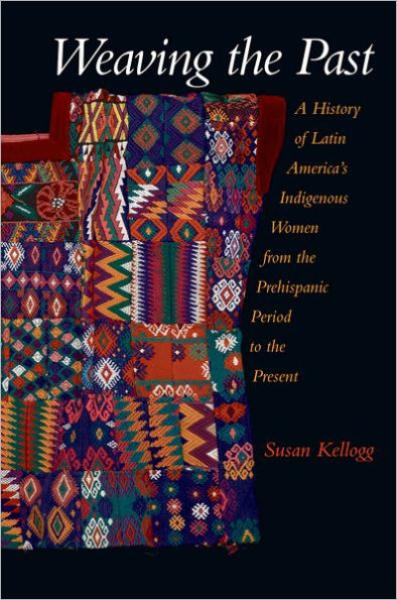Description
Weaving the Past offers a comprehensive and interdisciplinary history of Latin America's indigenous women. While the book concentrates on native women in Mesoamerica and the Andes, it covers indigenous people in other parts of South and Central America, including lowland peoples in and beyond Brazil, and Afro-indigenous peoples, such as the Garifuna, of Central America. Drawing on primary and secondary sources, it argues that change, not continuity, has been the norm for indigenous peoples whose resilience in the face of complex and long-term patterns of cultural change is due in no small part to the roles, actions, and agency of women. The book provides broad coverage of gender roles in native Latin America over many centuries, drawing upon a range of evidence from archaeology, anthropology, religion, and politics. Primary and secondary sources include chronicles, codices, newspaper articles, and monographic work on specific regions. Arguing that Latin America's indigenous women were the critical force behind the more important events and processes of Latin America's history, Kellogg interweaves the region's history of family, sexual, and labor history with the origins of women's power in prehispanic, colonial, and modern South and Central America. Shying away from interpretations that treat women as house bound and passive, the book instead emphasizes women's long history of performing labor, being politically active, and contributing to, even supporting, family and community well-being.
In this book, Susan Kellogg masterfully weaves together Latin American indigenous women's threads of energy, of ambition, of heartbreak, and of silence, creating a highly important--if often torn--quilt of indigenous women's lives.--Marjorie Becker, American Historical Review
In this book, Susan Kellogg masterfully weaves together Latin American indigenous women's threads of energy, of ambition, of heartbreak, and of silence, creating a highly important--if often torn--quilt of indigenous women's lives.--Marjorie Becker, American Historical Review
Last updated on
Product Details
- Oxford University Press, Brand
- Sep 2, 2005 Pub Date:
- 0195183282 ISBN-10:
- 9780195183283 ISBN-13:
- 352 Pages
- 9.28 in * 6.24 in * 0.77 in Dimensions:
- 1 lb Weight:




